detail profile jos c3 a9 carlos ruiz
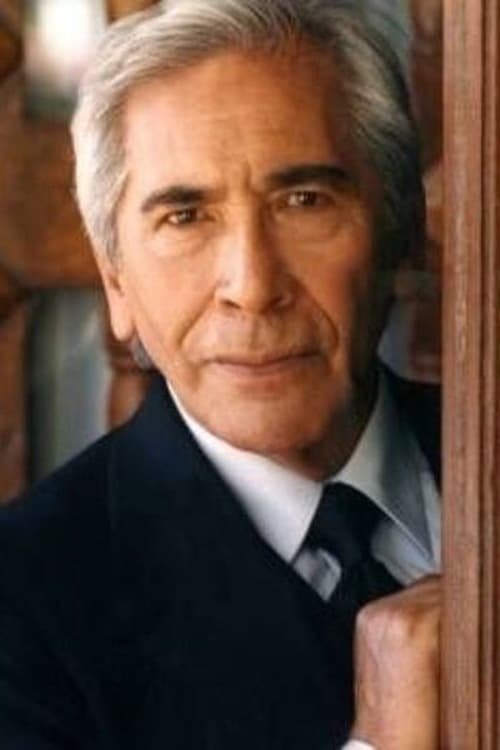
Riwayat Hidup
José Carlos Ruiz (born November 17th, 1936) is a Mexican film and television actor, born in the City of Jerez, Zacatecas, Mexico.
His first film intervention is in the film Black Wind, which deals with a tragedy that occurred in the Altar Desert, in Sonora, Mexico, where he acted alongside David Reynoso, Fernando Luján, etc.
filmed in 1965.
Later (1966) he filmed The Scapular, a prestigious film in which he acted alongside Enrique Lizalde, Ofelia Guilmáin, Alicia Bonet, Carlos Cardán and the late Enrique Aguilar, among other actors.
It appears in the historical recreation of a tragic episode that happened in the Republic of Chile, in the tape, Actas de Marusia, which narrates the drama of a bloody crushing of a mining strike in that country.
The film is important for the prominent actors who participate in it: Alejandro Parodi, Diana Bracho, Patricia Reyes Spíndola, Eduardo López Rojas, Salvador Sánchez, Gian María Volanté, among others, but also, by the then very recent military coup led by the General Augusto Pinochet Ugarte.
In 1976, he appeared in El Apando, a film in which he played a drug addict locked up in the Black Palace or Lecumberri Prison, which is the complaint made by the political express and now disappeared José Revueltas regarding the Mexican prison system, seen from his confinement as a prisoner of conscience in that prison.
Under the Shrapnel is a film filmed in 1983, which deals with the issue of the Guerrilla and where this actor plays an infiltrator who finally turns out to be a police officer; Two years later he would film Massacre in the Tula River, where he plays a Colombian guerrilla and trafficker, and which refers to a real-life case that happened in Mexico City, allegedly victimized by police officers.
Info Pribadi
Peran Yang Di Mainkan José Carlos Ruiz
 After his grandfathers death a young...
After his grandfathers death a young...Tell Me When 2020
After his grandfather's death, a young man decides to fulfill his elder's last wish with the help of his new friends. The problem starts when he falls in love with a female friend who may not feel the same.
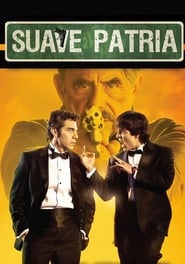 Oscar and Arthur are two actors...
Oscar and Arthur are two actors...Suave Patria 2012
Oscar and Arthur are two actors without fortune who survive unemployment with a routine street, where one represents the thief and the other to the police. Thanks to this performance are "hired" by Mr. Mauricio Tavares to play a practical joke on dangerous Don Antonio Robledo, a senior executive who suffer a fictional kidnapping for later culminate in a surprise party.
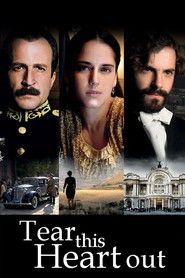 A young girl recounts her girlhood...
A young girl recounts her girlhood...Tear This Heart Out 2008
A young girl recounts her girlhood and eventual marriage to a general of the Mexican revolution. by one of the most outstanding writers of the new feminist Mexican literature, it is at once a haunting novel of one woman's life and a powerful account of post-revolutionary Mexico from a female perspective.
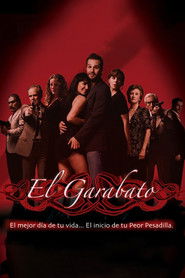 The story of a naive young...
The story of a naive young...El Garabato 2008
The story of a naive young man, provincial and not very experienced, to whom the circumstances of destiny, when crossing with the beautiful Frida, lead him to mature with a single blow. Rodolfo helps Frida in a car accident while she orders him to deliver an envelope. There begins the desperate flight of this innocent man fighting for his life, persecuted by thugs -who want to recover the contents of the envelope- and by the police -who seeks him for being a suspect in the death of an important diplomat.
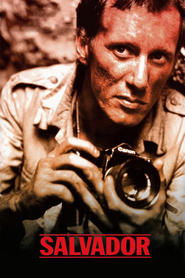 In 1980 an American journalist covering the...
In 1980 an American journalist covering the...Salvador 1986
In 1980, an American journalist covering the Salvadoran Civil War becomes entangled with both the leftist guerrilla groups and the right-wing military dictatorship while trying to rescue his girlfriend and her children.
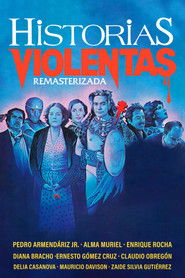 Five surreal short stories make up...
Five surreal short stories make up...Violent Stories 1985
Five surreal short stories make up this Mexican anthology film.
 Giff Hoyt a cafe owner in...
Giff Hoyt a cafe owner in...Caboblanco 1980
Giff Hoyt, a cafe owner in Cabo Blanco, Peru after World War II is caught between refuge-seeking Nazis and their enemies. After the murder of a sea explorer is passed off as accidental death by the corrupt local police, Giff becomes suspicious. The police chief also intimidates a new arrival Marie, and Giff intervenes to help her. Giff suspects Beckdorff, a Nazi refugee living in the area. Beckdorff, it emerges, is seeking to uncover sunken treasure.
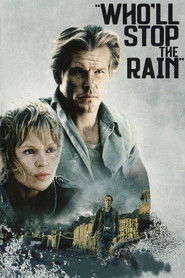 John a disillusioned Vietnam War journalist...
John a disillusioned Vietnam War journalist...Who'll Stop the Rain 1978
John, a disillusioned Vietnam War journalist, turns to heroin smuggling. He cons Ray, an equally burnt out veteran into delivering the drugs stateside to his wife. Everything soon falls apart and Ray ends up on the run with John's wife trying to evade crooked narcotics agents.
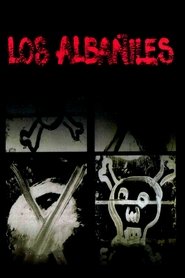 When a worker is found murdered...
When a worker is found murdered...The Bricklayers 1976
When a worker is found murdered on the construction side, the investigation swiftly turns from things criminal to the political circumstances surrounding the building itself. Widespread corruption and neglect by the builder himself are seen to have brought the situation about. Much of the movie is filmed using hand-held cameras, and the majority of the dialogue is in the difficult-to-understand and very slangy Spanish dialect of Mexico City's bricklayers.
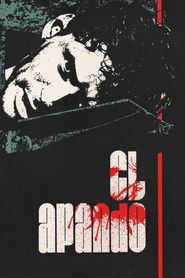 In Mexico Citys infamous Lecumberri prison...
In Mexico Citys infamous Lecumberri prison...The Heist 1976
In Mexico City's infamous Lecumberri prison, three drug-addicted convicts celebrate getting drugs from one of their the mothers. They are found out and locked up in the "apando," the dreaded punishment cell. Protests over the treatment of those held in the cell lead to a bloody confrontation.
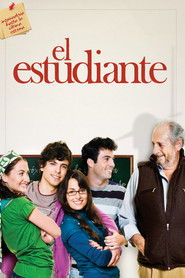 After retiring to the beautiful Mexican...
After retiring to the beautiful Mexican...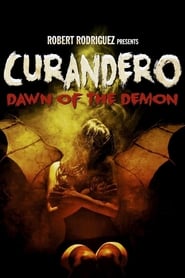 A journey that takes one man...
A journey that takes one man... A honeymooning couple become entangled in...
A honeymooning couple become entangled in...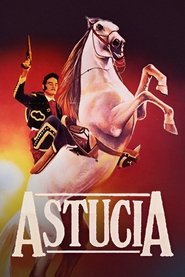 Historical melodrama on horseback 1840s or...
Historical melodrama on horseback 1840s or... Two men an aging Native American...
Two men an aging Native American...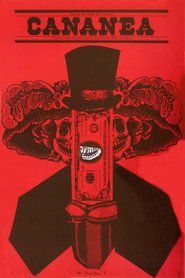 Based on a true story in...
Based on a true story in...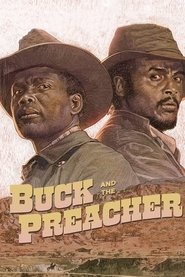 A wagon master and a conman...
A wagon master and a conman...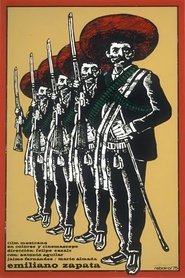 This is the story of a...
This is the story of a... A woman who is about to...
A woman who is about to...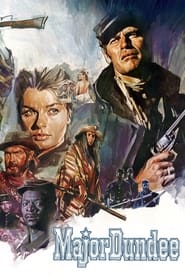 During the last winter of the...
During the last winter of the...